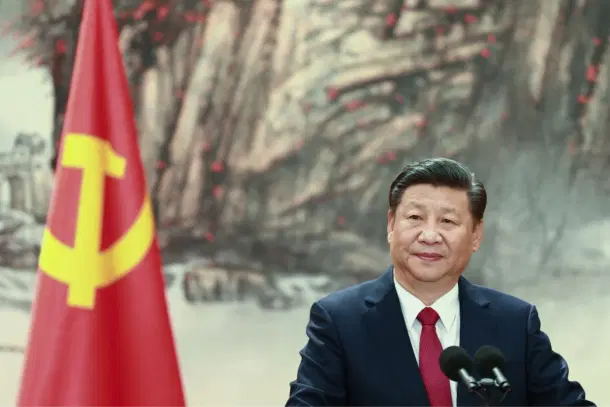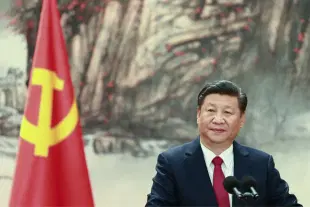World
In A First, Foreign Investment In China Turns Negative
Swarajya Staff
Nov 07, 2023, 09:04 AM | Updated 09:04 AM IST
Save & read from anywhere!
Bookmark stories for easy access on any device or the Swarajya app.


For the first time, the amount of foreign direct investment leaving China has surpassed the amount coming in amid rising tensions with the US over semiconductor technology and amplified worries about intensified anti-espionage measures.
This change was evident in the balance-of-payments figures for the third quarter, from July to September, which were published on Friday by China's State Administration of Foreign Exchange.
Foreign direct investment fell to a negative $11.8 billion, indicating a higher rate of withdrawals and downsizing compared to new investments in factory construction and other areas.
This represents the first negative figure in records dating back to 1998.
Foreign investment had remained sluggish in China after falling sharply in the April-June quarter of 2022, when the Chinese economy was in turmoil from the zero-COVID lockdown in Shanghai, Nikkei Asia reported.
A September poll conducted by the Japanese Chamber of Commerce and Industry in China revealed that almost half of the member companies planned to either cease investing in China in 2023 or reduce their investment compared to 2022.
Heightening tensions with the US are partly to blame for the downturn in foreign investment in China.
A survey by the American Chamber of Commerce in the People's Republic of China conducted last autumn found that 66 per cent of the companies surveyed identified the increasing bilateral strains as a significant business hurdle in China.
In August, the US imposed stricter controls on investments in semiconductor and artificial intelligence sectors in China.
While Washington is in talks with Beijing in preparation for a summit between President Joe Biden and President Xi Jinping in November, the US maintains its stance on enforcing technology restrictions for the sake of economic security.
According to the US research firm Rhodium Group, when examining foreign investment in the semiconductor industry by destination, China's portion has diminished dramatically, from 48 per cent in 2018 to a mere 1 per cent in 2022.
In contrast, the US has seen its share escalate from zero to 37 per cent.
Simultaneously, the collective investment share of India, Singapore, and Malaysia has expanded from 10 per cent to 38 per cent.
The updated Chinese counterespionage legislation, enacted in July, which widens the definition of espionage, has also unsettled businesses.
"China's laws and regulations lack transparency, a factor that increases concerns about business continuity in the country," said Yusuke Miura, a senior researcher at the NLI Research Institute, Nikkei Asia reported.
With Chinese firms becoming more competitive, certain international businesses are opting to exit. For instance, Mitsubishi Motors, which delayed transitioning to electric vehicles, declared in October its intention to cease production in China.
In reaction to the exodus of foreign capital, China is launching additional policies to become more globally integrated, such as relaxing rules on foreign investments in the manufacturing industry
Further, in anticipation of sustained tensions with the US, China is hastening the development of its indigenous semiconductor supply chain. However, the acquisition of essential machinery and components from abroad is lagging.
If the pace of technological innovation and productivity growth slows, it could put downward pressure on China's economic growth.





